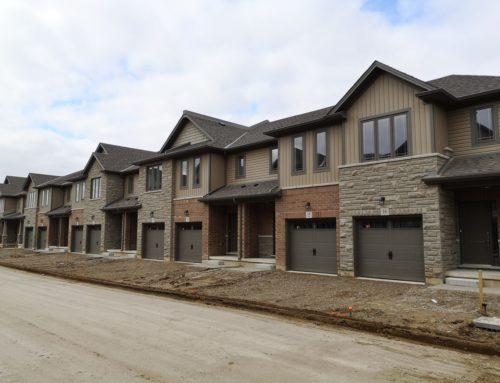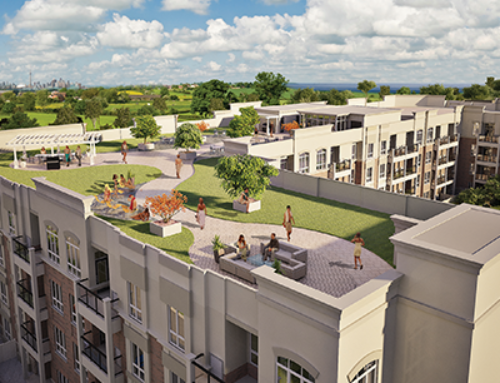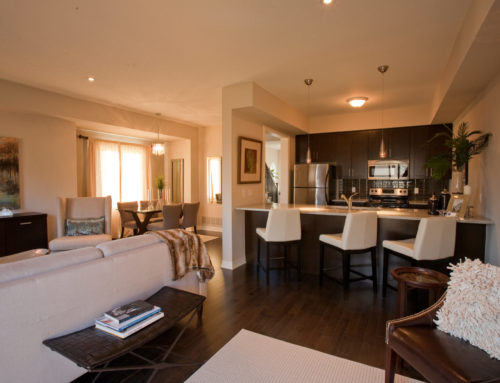When purchasing a new home, keep in mind that you’re not just investing in a property, you’re investing in a neighborhood. Even if you spot the house of your dreams, if the neighborhood is not a good fit for you, you may never come to love your home. Realize that your choice of neighborhood will directly impact your family’s lives in very tangible, real-world ways for many years to come.
Whether it’s a tree-lined street of historic homes or a new golf course community in the suburbs, good neighborhoods often share common traits such as access to employment, shopping, transportation and good schools. Still, there is no single definition of a good neighbourhood. Young families may value schools and parks, whereas others may crave cafes, theatres and restaurants. That distinction will ultimately be determined by what your priorities and preferences are. Fortunately, with a little diligent digging, you should be able to determine what neighbourhood will best suit your lifestyle.
TAKE A TOUR
If you’re contemplating a move to an unfamiliar neighbourhood, take time to do some exploring. Walk and drive around to get a feel for the community. Spend a “day in the life” of the neighbourhood and take some notes. Tour through the community to get a sense of the area’s vibe and traffic volume at different times of the day. Check out local services and businesses and see if the nearby amenities accommodate your needs and desires. Proximity to medical facilities and pharmacies, places of worship, supermarkets and convenience stores all contribute to the livability of your new home.
What is the demographic make up of your desired community? Diversity makes the world delightfully interesting, but it’s a good thing to be close to some people that share your lifestyle, likes, interests, and concerns. If you’re a young family with small children, you may find it preferable to live in an area that houses many families like your own, to help your children find appropriate playmates, and friends that you can identify with.
What condition are residents keeping their properties in? No matter how diligent you are in the upkeep of your property, a run-down neighbourhood can drive your property value down. Look for pride of ownership, with well-maintained properties.
Ultimately there is really no better way to get information than talking to the people that live there. Ask them what they like best about the area, and if there are any problems you might not be aware of. Do they have a neighborhood association? Is there a strong sense of community? Are homes holding their value? Locals will typically be sincere and forthcoming about all the advantages and disadvantages about living there.
COMMUTING
How long will it take to get to work? Will you be going with or against traffic? Is the route easy to navigate? Realistically time those daily commutes, and do it at the actual time you’ll be making the drive. It is essential that you take into account the various commutes of all of your family members to ensure that no one will be unfairly burdened with unreasonable travel conditions.
SCHOOLS
Many parents will pick a school district before they consider any other criteria. If this ranks higher on your list or priorities, find out how high the district ranks, how much money is spent on each child, and look into class sizes, available facilities, and test scores. Visit the school if you can, to get a better feel for what it’s really like. This is also an excellent way to include your children in the process, so they can feel empowered at a time when they might be feeling vulnerable and anxious. Even if children aren’t in your plans, owning a home in an area with great schools will help your resale price down the road.
THE FUTURE
Make sure to investigate just where your desired neighbourhood’s future is heading. Is the community that you are considering in a convenient location where people want to move? How are sales in the area? Is the sales office busy? Are builders pressing to keep up with the demand for new homes? These are all telling indicators of future value and positive signs that you are choosing a community that is desirable to many potential homeowners.
You should also pay special attention to the zoning and transportation planning for any undeveloped areas nearby. Visit municipal offices to investigate how the surrounding land is zoned. Check for any approvals of large commercial projects or road construction. Some changes can be in the works in a neighborhood long before they become apparent to most residents. An unfavorable re-zoning, the imminent construction of new telephone towers – all of these things may be on a drawing board somewhere, ready to pop up shortly after the ink is dry on your new mortgage. Check with the city, read the papers, and find out what’s ahead for your area. The news might even be good news, with a new project that could send valuations soaring, but for good or bad, stay informed.
Not many people get every little thing on their wish list. Most people buy homes that represent a set of compromises that they have decided they can live with. Finding that balance is a personal thing. But if you do your homework, you’ll have a better chance of making an informed decision, and that will certainly tip the scales in your favor.






